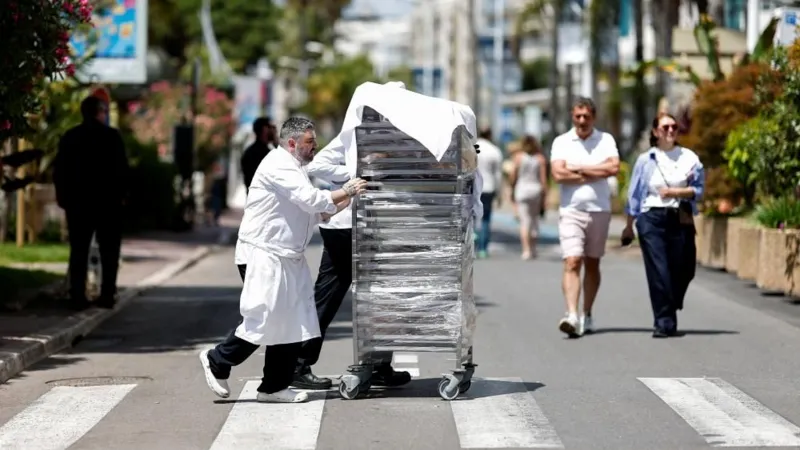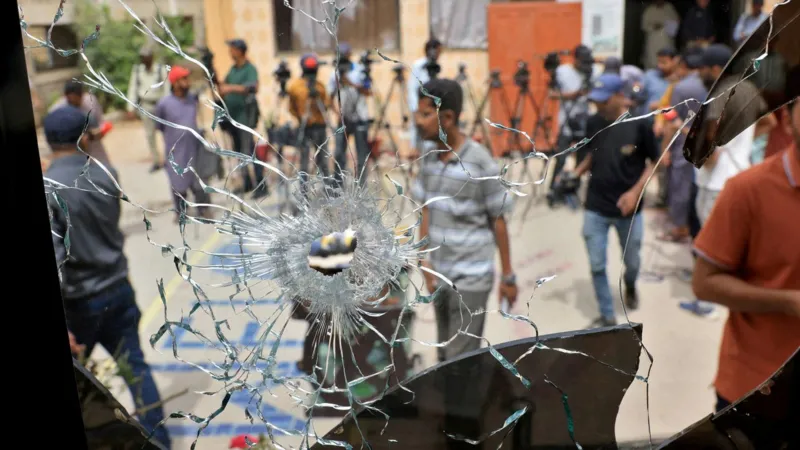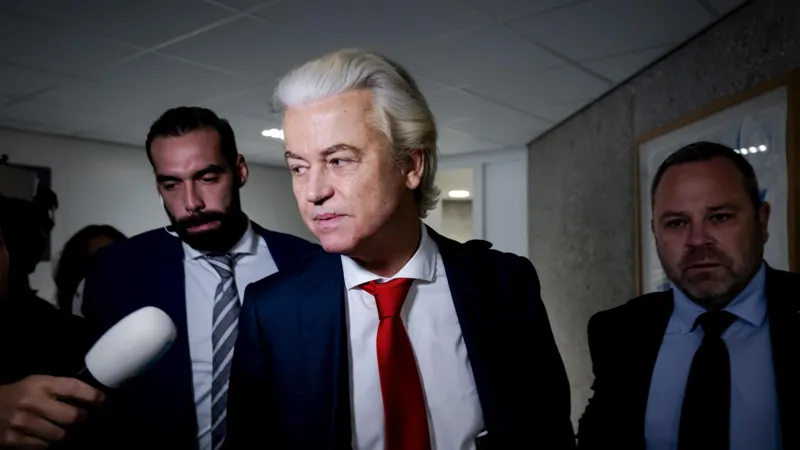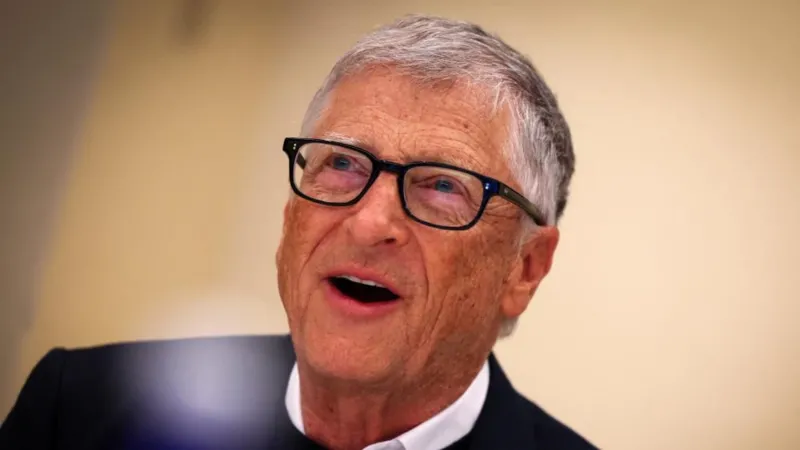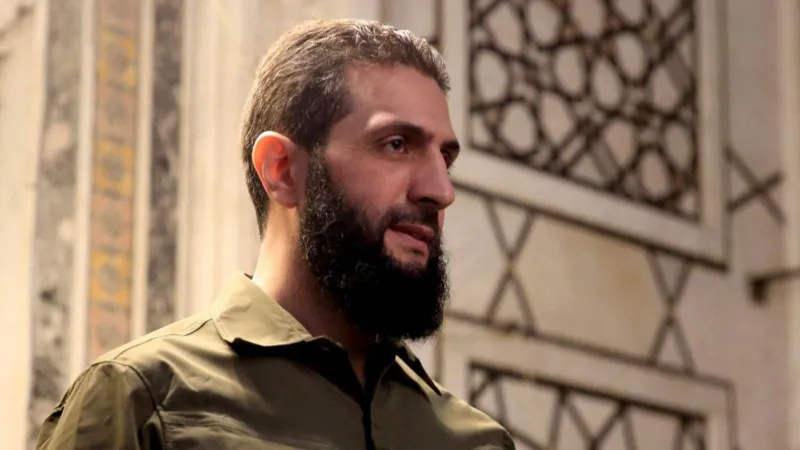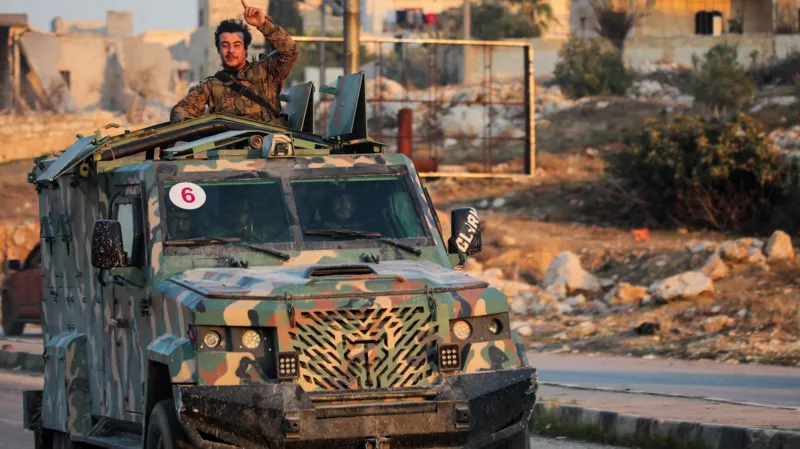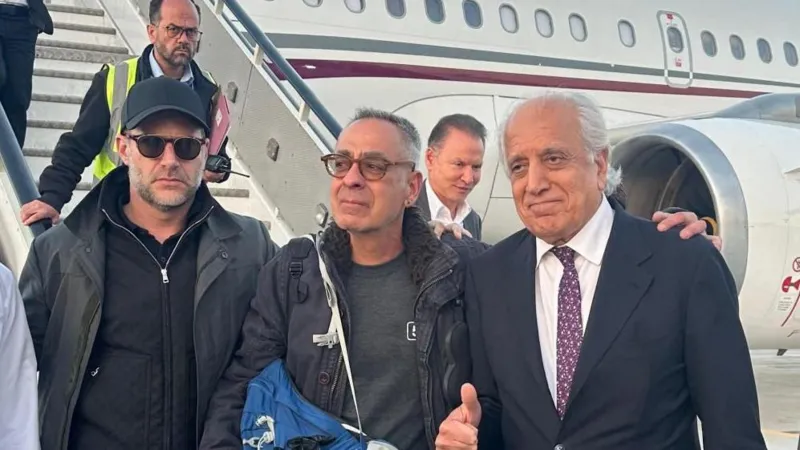Israel and Lebanon’s Hezbollah agree to a ceasefire after nearly 14 months of fighting
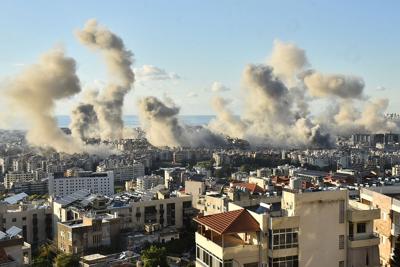
JERUSALEM — Israel approved a ceasefire agreement with Lebanon’s Hezbollah militants on Tuesday that would end nearly 14 months of fighting linked to the war in the Gaza Strip.
The ceasefire, starting at 4 a.m. local time Wednesday, would mark the first major step toward ending the regionwide unrest triggered by Hamas’ attack on Israel on Oct. 7, 2023. But it does not address the devastating war in Gaza, where Hamas is still holding dozens of hostages and the conflict is more intractable.
Hours before the ceasefire with Hezbollah was to take effect, Israel carried out the most intense wave of strikes in Beirut and its southern suburbs since the start of the conflict and issued a record number of evacuation warnings. At least 42 people were killed in strikes across the country, according to local authorities.
Another huge airstrike shook Beirut shortly after the ceasefire was announced. “The last stages have been the most scary,” said Ahmad Khateeb, who fled to the city’s seaside promenade with relatives.
There appeared to be lingering disagreement over whether Israel would have the right to strike Hezbollah if it believed the militants had violated the agreement, something Prime Minister Benjamin Netanyahu insisted was part of the deal but which Lebanese and Hezbollah officials have rejected.
Israel’s security Cabinet approved the U.S.-France-brokered ceasefire agreement after Netanyahu presented it, his office said. U.S. President Joe Biden, speaking in Washington, called the agreement “good news” and said his administration would make a renewed push for a ceasefire in Gaza.
The Biden administration spent much of this year trying to broker a ceasefire and hostage release in Gaza but the talks repeatedly sputtered to a halt. President-elect Donald Trump has vowed to bring peace to the Middle East without saying how.
Still, any halt to the fighting in Lebanon is expected to reduce the likelihood of war between Israel and Iran, which backs both Hezbollah and Hamas and exchanged direct fire with Israel on two occasions earlier this year.
Israel says it will ‘attack with might’ if Hezbollah breaks truce
Netanyahu presented the ceasefire proposal to Cabinet ministers after a televised address in which he listed accomplishments against Israel’s enemies across the region. He said a ceasefire with Hezbollah would further isolate Hamas in Gaza and allow Israel to focus on its main enemy, Iran.
“If Hezbollah breaks the agreement and tries to rearm, we will attack,” he said. “For every violation, we will attack with might.”
The ceasefire deal calls for a two-month initial halt in fighting and would require Hezbollah to end its armed presence in a broad swath of southern Lebanon, while Israeli troops would return to their side of the border. Thousands of additional Lebanese troopsand U.N. peacekeepers would deploy in the south, and an international panel headed by the United States would monitor compliance.
Biden said Israel reserved the right to quickly resume operations in Lebanon if Hezbollah breaks the terms of the truce, but that the deal “was designed to be a permanent cessation of hostilities.”





























